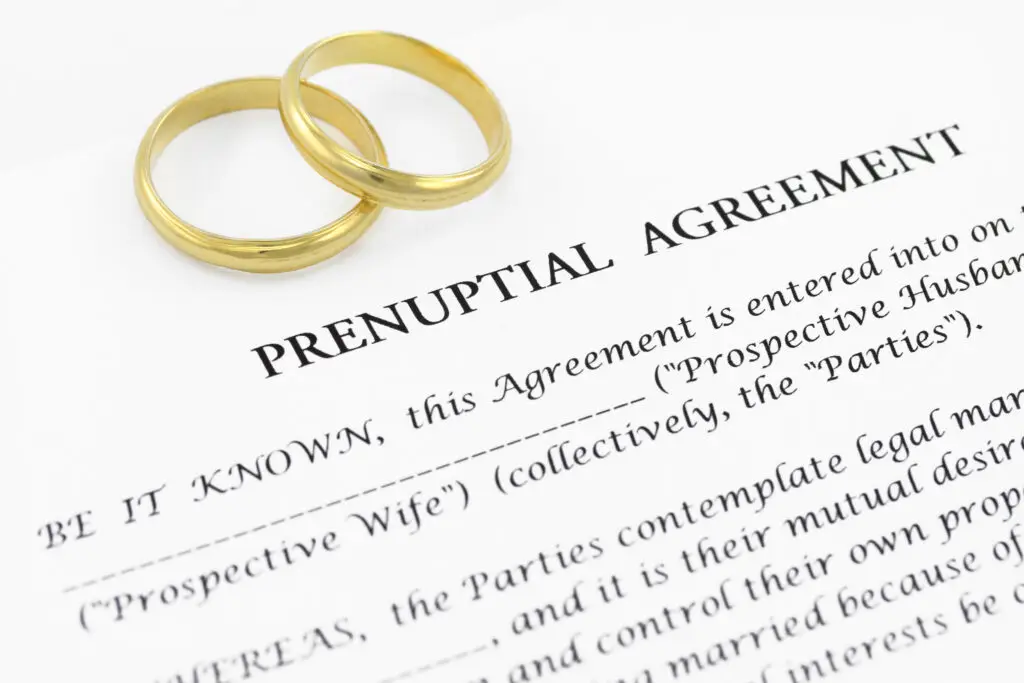Prenuptial agreements are a good idea for most modern marriages. Parties can plan in advance for what may happen in the event of divorce, removing any concerns over “marrying for money” as well as saving time and heartache down the line should the marriage end. Prenuptial agreements must, however, be validly entered into order to be enforceable. Forcing someone into a prenuptial agreement against their will or otherwise without their consent is grounds to have the agreement invalidated and rendered unenforceable in the divorce. Continue reading for a discussion of how a prenuptial agreement can be voided, and reach out to a seasoned Englewood prenuptial agreement and divorce attorney for help with a New Jersey family law matter.
The Prenup Was Not Voluntary
Prenups, like other contracts, must be entered into voluntarily. A prenup is not valid if one party entered into the agreement unwillingly, such as if they were coerced through the use of threats. Threats can involve violence, financial harm, or emotional harm. An agreement is also not valid if the agreement was signed when one party lacked the mental capacity to consent due to intoxication, illness, or infancy.
The Agreement Was Based on Fraud or Deception
For a prenup to be valid, there must be complete financial disclosure by both parties. If one party hides assets or otherwise lies about their circumstances, then the agreement may be considered deceptive and the court may throw out the agreement.
The Parties Weren’t Given the Benefit of Independent Legal Counsel
For a prenup to be valid, both parties must be given the opportunity to get the advice of their own separate legal counsel. If one party was only advised by the other party’s attorney or was otherwise prevented from talking to their own lawyer, the agreement may be voided.
The Agreement Was Not Properly Executed
Parties must satisfy several legal formalities in order to validly execute a prenup. The agreement must be signed by both parties, in the presence of an appropriate witness, and must be executed in advance of the wedding. If the papers were not signed or witnessed properly, then the agreement may be invalidated.
The Agreement Has Unenforceable Provisions
Even if a prenuptial agreement was validly executed, there might be specific provisions that are unenforceable. New Jersey law dictates that prenups can address a number of financial matters including alimony, division of property, creation of trusts and/or wills, insurance policies, allocation of debts, and certain matters of personal behavior that do not otherwise violate public policy.
Provisions that violate public policy cannot be enforced through a prenup. The agreement may not, for example, require one party to refrain from pursuing other romantic relationships following divorce. The agreement may also not include provisions that adversely affect the rights of a child; namely, child support and child custody cannot be dictated by a prenup.
Seasoned Advice and Trusted Representation for Your New Jersey Divorce
If you’re considering divorce in New Jersey or dealing with prenuptial agreements, child support, child custody, property division, or other family law issues, contact the Englewood family law attorneys Herbert & Weiss at (201) 440-6300.


